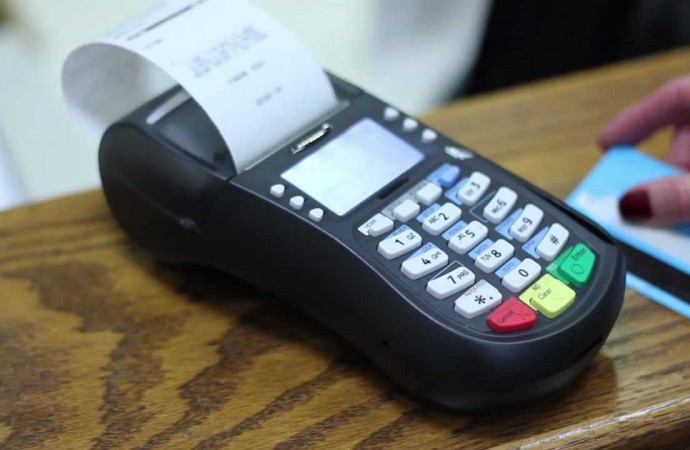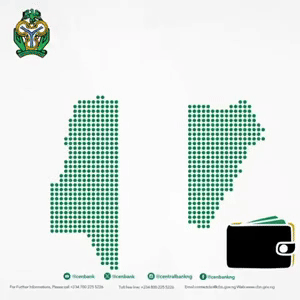The directive requiring banks, fintechs and other licensed payment operators to install Global Positioning System (GPS) tracking on all Point of Sale (PoS) terminals is part of the new moves to get Nigeria off the Financial Action Task Force (FATF) money laundering grey list, industry sources have said.
The Central Bank of Nigeria (CBN) which gave the directive, said the move aligns with its bid to tighten oversight of electronic payment transactions in the country.
In a circular signed by Director of the Payments System Supervision Department, Rakiya Yusuf, the apex bank said all PoS devices must have “native geo-location services enabled, with Double-Frequency GPS receivers for reliable geo-location service.”
By the new rule, operators are required to register each terminal with a payment terminal service aggregator and provide accurate coordinates of the merchant or agent’s business location.
It further requires that evenry PoS machine must capture and transmit its location data at the start of a transaction.
Activity outside a 10-metre radius of the registered business or service point will be flagged, while terminals that are not geo-tagged will be barred from processing payments.
Recently, the Head Lagos Office at Inter – Governmental Action Against Money Laundering In West Africa (GIABA), Timothy Melaye said
government is working with commercial banks to get Nigeria exit the FATF grey list.
Nigeria’s inclusion in the list, has several implication, including limiting foreign capital inflows to the economy, banks and other critical business segments within the domestic economy.
Melaye spoke during the sensitisation seminar for organised private sector on Anti-Money Laundering and Combating the Financing of Terrorism (AML/CFT) organised by GIABA in Lagos.
According to him, Nigeria failed the last mutual evaluation conducted by FATF on the country, which prompted Nigeria to be placed on the FATF grey list.
Part of the FATF recommendations is that banks should identify the customer and verify customer’s identity using reliable, independent source documents, data or information.
The Nigerian banks are also expected to identify the beneficial owner, and taking reasonable measures to verify the identity of the beneficial owner, such that the financial institution is satisfied that it knows who the beneficial owner is.
Financial institutions are also required by law, to understand the ownership and control structure of the customer, obtain information on the purpose and intended nature of the business relationship and conduct ongoing due diligence on the business relationship and scrutiny of transactions undertaken throughout the course of that relationship.
President / Chairman, Compliance Institute Nigeria, Pattison Boleigha, had described the grey list as terminology that is coined by the FATF, which is generally made up of countries from highly developed economies, to check the spate of crime and the abuse of the financial system.
According to him, the signatories to the FATF are expected to guide countries on how to put legislation in place in their various countries to fight money laundering, terrorism financing and lately, proliferations of weapons of mass destruction.


